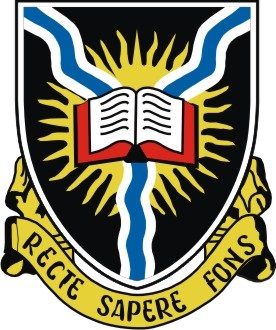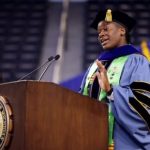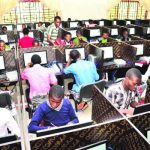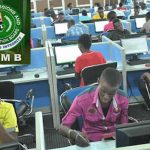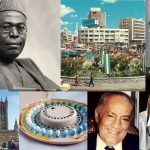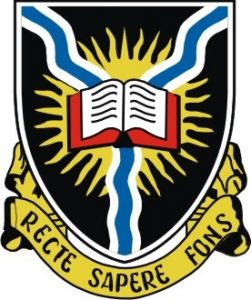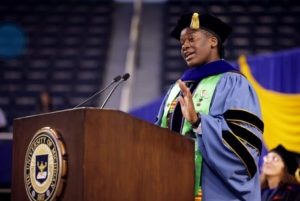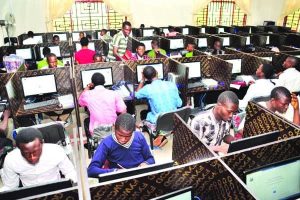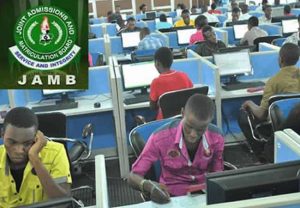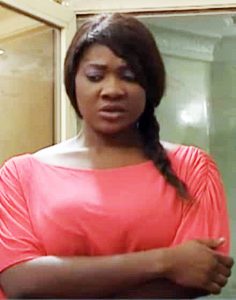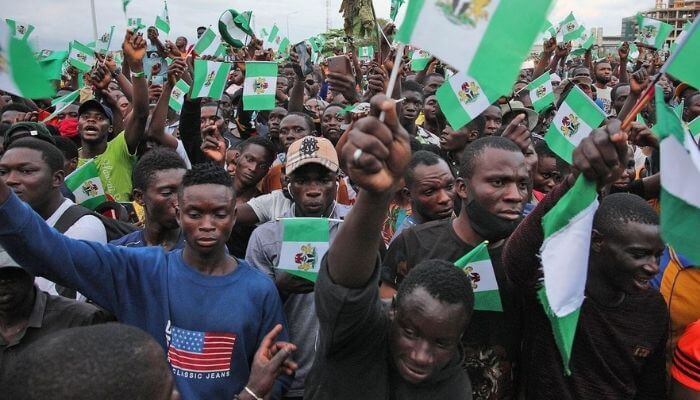
Before February 9, it looked like the aspirations of the Nigerian youths and students had been dashed as many universities rolled out academic calendars that obviously would have deprived them of partaking in the forthcoming Nigeria’s 2023 general elections had National University Commission (NUC) not waded into the matter.
Earlier, majority of the nation’s universities had planned their academic calendars in such a way that students would have been left out of the impending election.
Parents, guardians and students, including other stakeholders in the elections, were worried, questioning why university authorities would plan their calendars in such a manner.
Many parents thought that for security reasons, these students ought to be allowed to come back home, going by the Nigerian elections that are always fraught with violence.
Others thought students should be released to exercise their franchise, whereas in the thinking of these universities, they actually wanted to make up for what they had lost during both the strike embarked upon by the Academic Staff Union of Universities (ASUU) on October 10, 2022 and the pandemic of Covid-19.
But there came a moment of respite on February 9, when the National University Commission (NUC) ordered all universities to close on February 22 and resume on March 14, when all elections might have been concluded.
By this announcement, the students’ enthusiasm that was dampened, as a result of possibly not being allowed to vote, was brightened. Now the atmosphere is charged as Nigerians await an election never seen before in the political history of the most populous black nation.
This election will bring with itself a lot of surprises, so much so that the presidential election result may be too close; that it may call for a re-run, or run-off; and that the youths will play a critical role in deciding the candidate who clinches the most-coveted seat.
The youths’ decisive role is seeing in their mammoth numbers that registered and collected the permanent voter card (PVC) as against other segments of the population.
Nigeria has the largest population of youths in the world with a median age of 18.1 years. About 70 percent of the population are under 30 as the Chairman of Independent National Electoral Commission (INEC), Professor Mahmud Yakubu declared at Chatham House recently in the UK.
He said, “There are 93.4 million registered voters, 37 million, that is 39.5 percent, are young people between the ages of 18 and 34, and 33.4 million or 36.75 percent are middle age voters between 35 and 49 ages.
But there came a moment of respite on February 9, when the National University Commission (NUC) ordered all universities to close on February 22 and resume on March 14, when all elections might have been concluded.
According to him, “Put together, these two categories constitute 75.39 percent of registered voters.”
To corroborate the critical role the youths are to play in these elections, especially presidential election, Professor Yakubu added, “Actually, the 2023 election is the election of the young people because they have the numbers.
“Even the majority of the PVCs collected are collected by the young people. So out of the 93.4 million registered voters, 70.4 million are between the ages of 18 and 49.”
Ahead and during voters’ registration, there were series of sensitization moves by the civil society groups to create awareness for students and youths to ensure they come out enmass to exercise their ballots.
Before, a large number of students and youths don’t vote as also noted by the Executive Director of iLEAD Africa, Yusuff Liadi Abiodun, who expressed that “when it comes to decision making, we tend to have low input from young people and this is a big influence.”
But at this time of Nigeria’s political experience, youths and students are getting ready to vote in order to vent their spleen on the All Progressives Congress(APC) and People’s Democratic Party (PDP) who in the perception of the young people have failed
[7:22 AM, 2/10/2023] Toye Faleye: the nation abysmally; hence they are swinging their allegiances to Labour Party (LP).
They are especially unhappy about the ill-treatment meted out to them during the #EndSARS protest. They want to take their own pound of flesh.
However, one analyst say one major challenge that will beset this new swing is that by antecedent youths don’t come out to vote on an election day. They prefer to play football under the bridge or be busy manipulating or fiddling with their mobile phones.
The analyst further pointed out that Nigerian youths and students don’t like to be stressed; hence may not be able to withstand the pressure which election demands in checking their names on the voters’ registers, verifying their names on Bimodal Voter Accreditation System ( BVAS) and queueing up to cast their votes.
He added that youths and students are most active on social media rather than being politically active, and that Labour Party do not have structure to wild a kind of influence that will translate to vote for it.
Nevertheless, speaking to Olasunkanmi Agbebi, a student of Tai Solarin University of Education, he believed students will troop out to vote for Peter Obi and Datti Baba-Ahmed, the presidential and vice presidential candidates of LP.
Adewale Aluko, a distant learning student of University of Lagos also expressed, “for me my vote will go to Peter Obi.”
But according to Adeyemi Sunday, a youth and adhoc staff of Afe Babalola University, ” I will rather vote for Asiwaju Ahmed Tinubu.”
Of importance is that all other major political parties also have youth wings who are alsoo involved in door-to-door campaigns to win over many youths and students. They are brandishing lofty programmes and promising that youths and students stand to harvest the dividends of democracy should they vote for them.
As event unfolds, Nigerians wait to see how youths and students will influence the 2023 presidential election.


